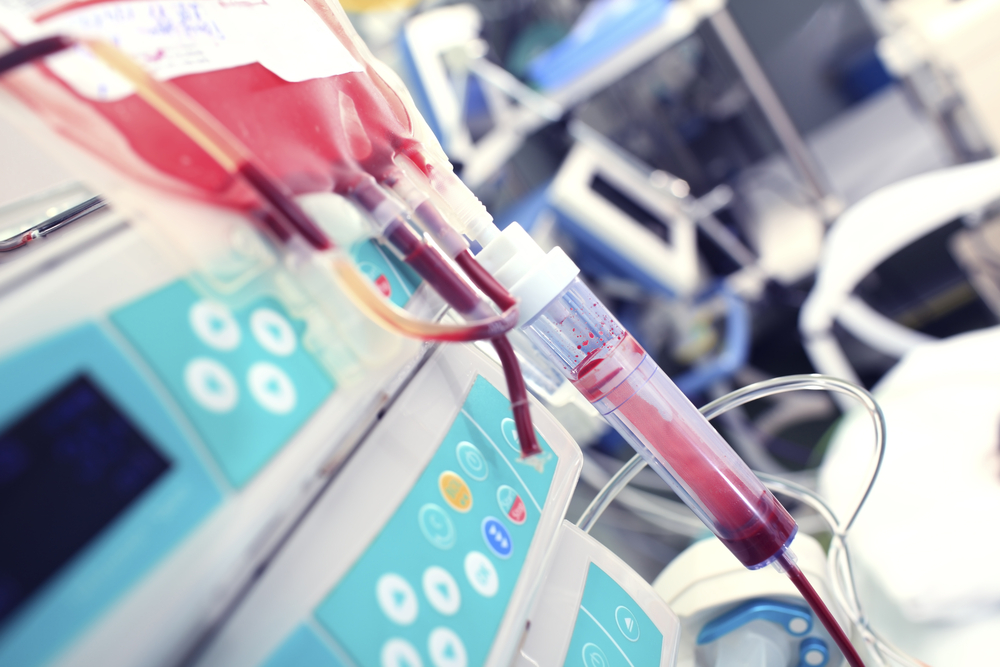Results from a recent study published in the Journal of the American Society of Nephrology revealed that the risk of cardiac arrest in patients on dialysis due to kidney failure might be attributable to inherited factors. According to the researchers, studies are needed to identify candidate genes that modify cardiovascular risk in end-stage Renal Disease (ESRD).
ESRD is when the kidneys stop working properly and patients need to live on dialysis or to have a kidney transplant. Most cases of ESRD are caused by diabetes or high blood pressure. Studies have shown that patients on dialysis are 20 times more likely to have a cardiac arrest compared with the general population.
To assess whether inherited factors were associate with cardiac arrest among patients with end-stage Renal Disease, in their study titled “Heritability of Risk for Sudden Cardiac Arrest in ESRD,” Kevin Chan, MD MSc (Massachusetts General Hospital and Fresenius Medical Care North America) and his colleagues examined a sample of 647,457 patients on chronic dialysis, and identified 5117 pairs of patients who came from the same family. Then each of these patients were matched to a control patient from the same population.
The results revealed that genetically related family members who did not lived together were 1.88 times more likely to have cardiac arrest in comparison with their controls, while genetically related family members who cohabitated were 1.66 times more like to have cardiac arrest. Spouses, who are genetically unrelated but cohabited in the same environment, were only 0.95 times more likely to have cardiac arrest.
“These findings advance the science because they suggest that genetic factors—or differences in DNA sequence—contribute to the high risk of sudden death among patients on dialysis,” said Dr. Chan in a recent news release. “It paves the way for more detailed genetic studies in the dialysis population to find specific genes that could explain the high risk of cardiac arrest and potentially new treatments for these patients.”


